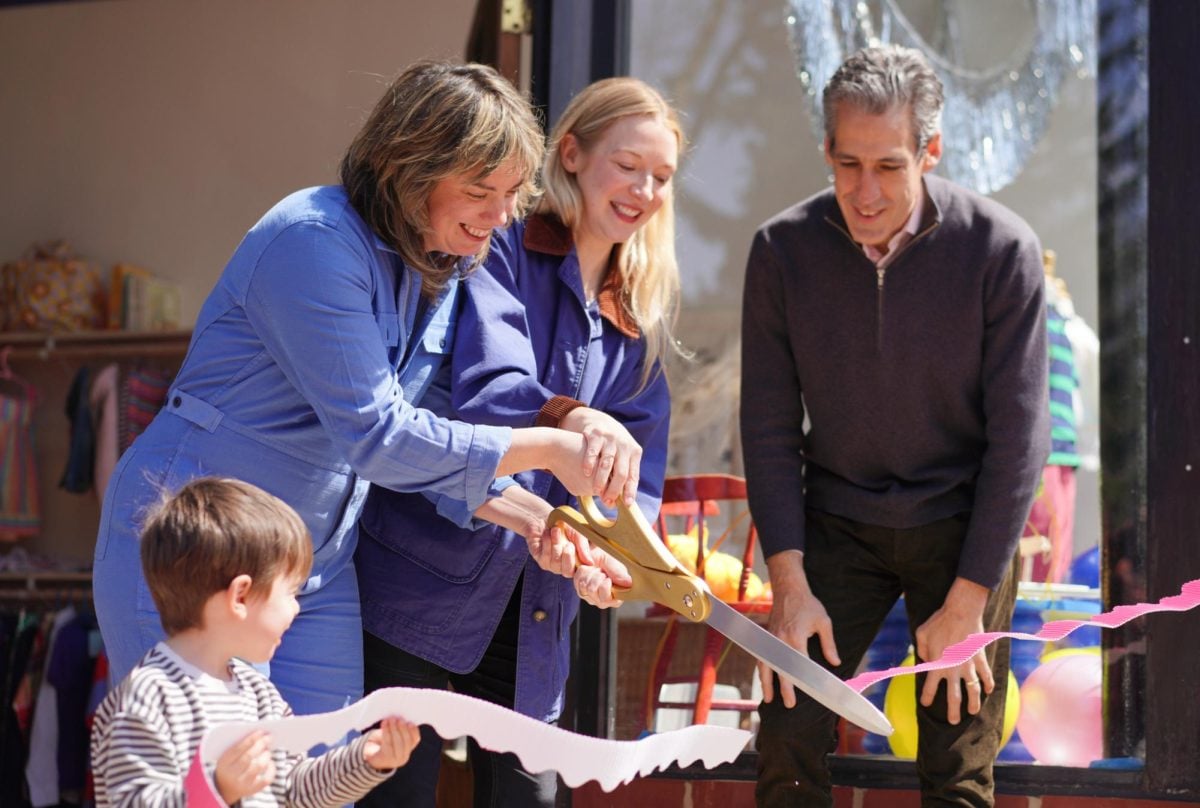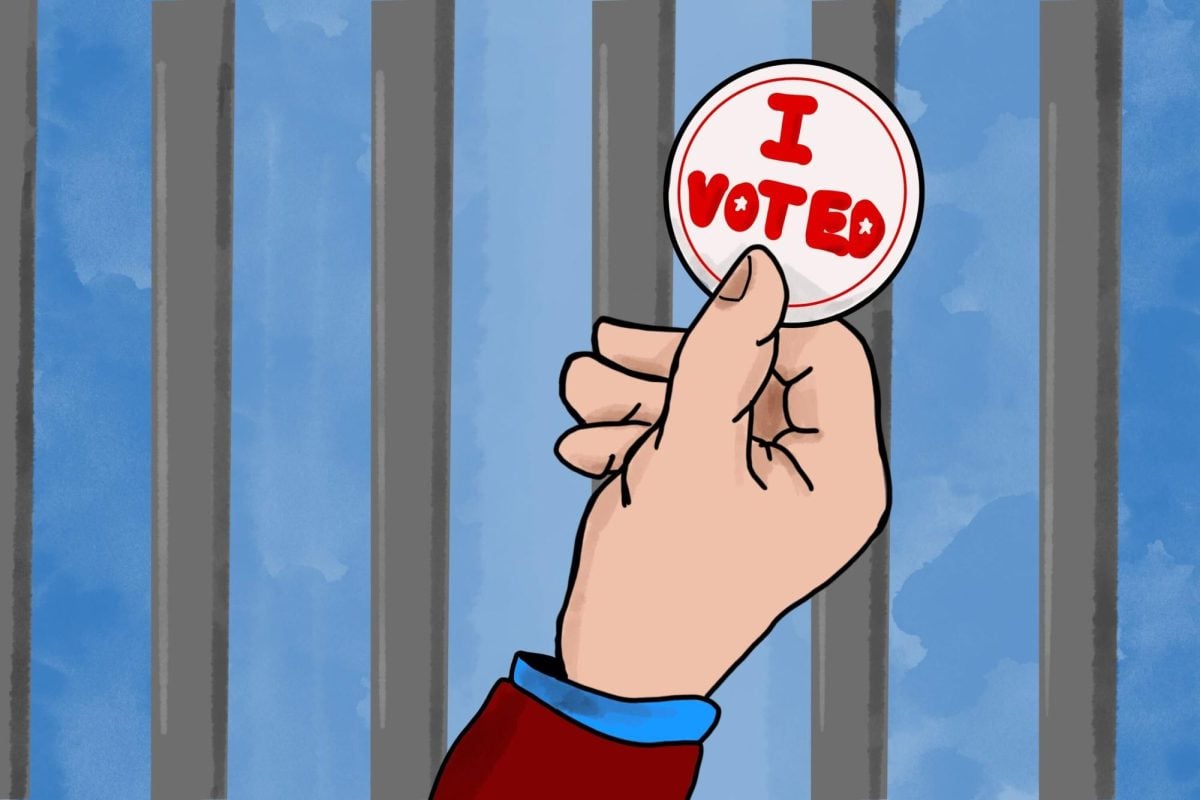A panel of Illinois politicians discussed making the state and Cook County more business-friendly Friday at the Annual Legislative Business Leaders Breakfast in Evanston.
The Evanston Chamber of Commerce partnered with AT&T to host the event, where U.S. Rep. Jan Schakowsky (D- Ill.), state representatives Robyn Gabel (D-Evanston) and Daniel Biss (D-Skokie) as well as Cook County Commissioner Larry Suffredin addressed issues affecting Evanston businesses. About 100 Evanston residents attended the morning event at the Hilton Garden Inn, 1818 Maple Ave.
For the first time in the event’s 20-year history, attendees could take an online survey about what issues they wanted the politicians to discuss during the breakfast. In the past, only the discussion moderator chose the questions, said Elaine Kemna-Irish, director of member services for the Evanston Chamber of Commerce.
This year, attendees said they wanted information on how to make Illinois and Cook County more friendly for small businesses, specifically regarding property tax incentives. Panelists highlighted soaring property taxes’ burden on Cook County residents, and Suffredin urged business owners to communicate with state legislators about what sort of incentives would benefit them.
“We need to first sit down and really appreciate the resources we have and the small businesses that are here,” Suffredin said. “We’ve got to figure out plans that don’t cannibalize them. We’ve tried to impose incentives from the top, and municipalities have tried to enhance things. I’m not sure the programs we currently have to give property tax incentives really work anymore.”
YWCA Evanston/North Shore recently experienced cuts in state funding, YWCA CEO Karen Singer said. She said she attended the breakfast to hear what the legislators had to say about nonprofits.
“All of the issues they talked about this morning impact us as an organization in the nonprofit world,” Singer said, noting that property tax policy similarily affects for-profit and nonprofit businesses. “We are getting funding from the state that has been cut because of the fiscal crisis, and I think that until you address the issues they talked about, we are not going to be in better shape.”
In previous years, the discussion portion of the breakfast involved breakout sessions in which each lawmaker sat in a room and attendees could approach them with questions, Kemna-Irish added. This year, panelists answered pre-written questions in front of the whole crowd and then took audience questions in the last five minutes.
Alexandra Nelson, development manager for Evanston nonprofit theater Light Opera Works, was the first to stand up during the question-and-answer session. She said government support for nonprofits has disappeared.
In response, Gabel said she is a strong supporter of nonprofits merging with other like-minded nonprofits to cut administrative costs.
“They can put that money toward really direct services,” Gabel said. “The second thing is that most of the money that goes into the charitable arena comes from individuals and corporations and not the government.”
Biss said the Illinois tax structure tends to give tax incentives to big businesses. He said Illinois should learn from neighboring states, which have friendlier regulatory policies for small businesses as well.
“Illinois, which is a place whose regulatory climate has been pretty well captured by a few large actors, has a series of regulations and rules in place that are not bad generically, but they make it very difficult for the less connected,” he said. “If we are able to really rethink our strategy to the question of helping small- and medium-sized businesses, we’re doing a lot of good work. SamanthaCaiola2014@u.northwestern.edu













